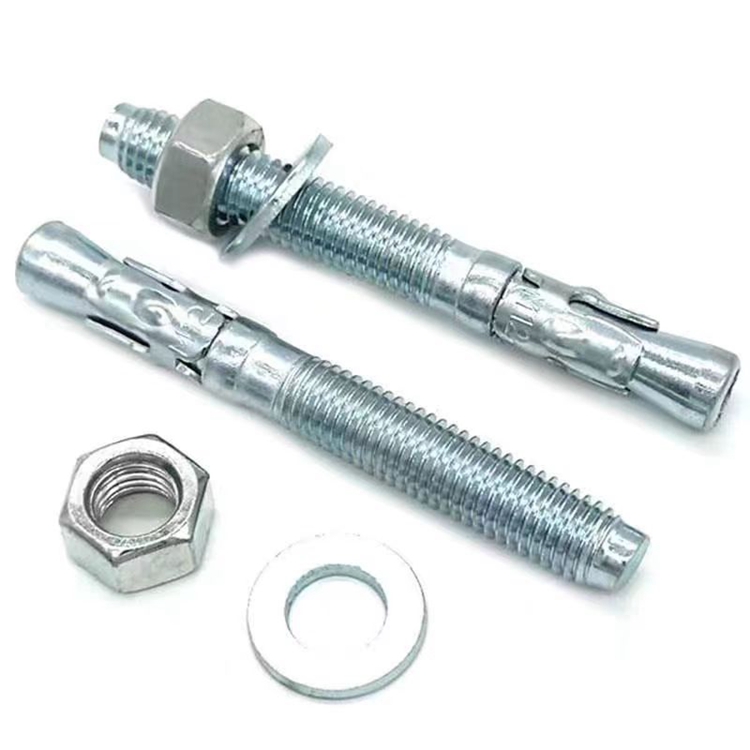Suppliers of High-Quality Bicycle Bolts for Reliable Performance and Safety in Cycling Accessories
Aug . 15, 2024 07:46 Back to list
Suppliers of High-Quality Bicycle Bolts for Reliable Performance and Safety in Cycling Accessories
Bicycle Bolts Suppliers The Key to Quality Bicycling Experience
When it comes to building or maintaining a bicycle, every component plays a vital role in ensuring safety and performance. Among these components, bolts might seem like a small detail, but their quality and reliability are paramount. This is where bicycle bolts suppliers come into the picture, providing the essential fasteners that keep everything securely in place. In this article, we'll explore the significance of these suppliers, the types of bolts they provide, and what to look for when choosing a supplier.
The Importance of Quality Bolts
Bicycles endure a variety of stresses during rides, from steep hills to bumpy terrains. Consequently, the bolts used to secure components such as the handlebars, seat, wheels, and frame must withstand considerable forces. Poor-quality bolts can lead to mechanical failures or accidents, compromising the safety of the rider. Therefore, sourcing high-quality bicycle bolts from reputable suppliers is crucial for any cyclist, whether they are a casual rider or a competitive athlete.
Types of Bicycle Bolts
Bicycle bolts come in various sizes, materials, and designs, catering to different parts of the bike and riding styles. Some common types include
1. Hex Bolts Often used for attaching the frame components, these bolts feature a hexagonal head that allows for easy fastening with a corresponding tool.
2. Torx Bolts Known for their star-shaped socket, Torx bolts provide better grip and reduce the risk of stripping, making them ideal for high-torque applications.
4. Brake Bolts These bolts secure the brake system to the frame and are critical for the rider's safety, necessitating strict adherence to quality standards.
bicycle bolts suppliers

5. Nipple Bolts Used in wheel construction, nipple bolts influence the tension and alignment of the spokes, directly affecting the wheel's performance.
Choosing a Bicycle Bolts Supplier
When selecting a supplier for bicycle bolts, several factors should be considered
1. Quality Assurance A reputable supplier should adhere to stringent quality control standards, ensuring that their products are durable, resistant to corrosion, and capable of withstanding the rigors of cycling. Look for manufacturers that comply with ISO standards or have relevant certifications.
2. Material Variety High-quality bolts are generally made from materials such as stainless steel, aluminum, or titanium. Each material has its pros and cons in terms of weight, strength, and price. A good supplier will offer a range of options to suit different cycling needs.
3. Customization Options Depending on the specifics of the bicycle, you may need custom-sized bolts. Look for suppliers that offer customization services, such as tailored dimensions or unique materials.
4. Pricing and Bulk Orders For bike manufacturers or shops, bulk ordering can significantly reduce costs. Ensure that the supplier offers competitive pricing and discounts for large orders while maintaining product quality.
5. Customer Support and Reliability A supplier with excellent customer service can assist you in selecting the right bolts and can provide timely delivery, which is crucial for keeping production schedules on track.
Conclusion
Bicycle bolts may be small components, but they play a critical role in ensuring the overall safety and performance of a bicycle. By sourcing quality bolts from reputable suppliers, cyclists and manufacturers alike can secure their rides, enhancing both enjoyment and safety on the road or trail. As the cycling industry continues to evolve, so too does the technology and specification of bicycle fasteners, making it essential to stay informed and connected with reliable suppliers.
Latest news
-
Reliable Axle Nuts Supplier | High-Quality Automotive Parts
NewsAug.19,2025
-
Premium Wire Bolts Suppliers | Durable & Reliable Fasteners
NewsAug.18,2025
-
Leading Metric Wood Screw Companies & Manufacturers
NewsAug.17,2025
-
Top Wire Bolts Suppliers - Quality & Durable Fasteners
NewsAug.15,2025
-
Trusted Wire Bolts Company | Quality Fasteners Supplier
NewsAug.14,2025
-
Reliable Wire Bolts Suppliers & Manufacturers for Global Needs
NewsAug.13,2025
